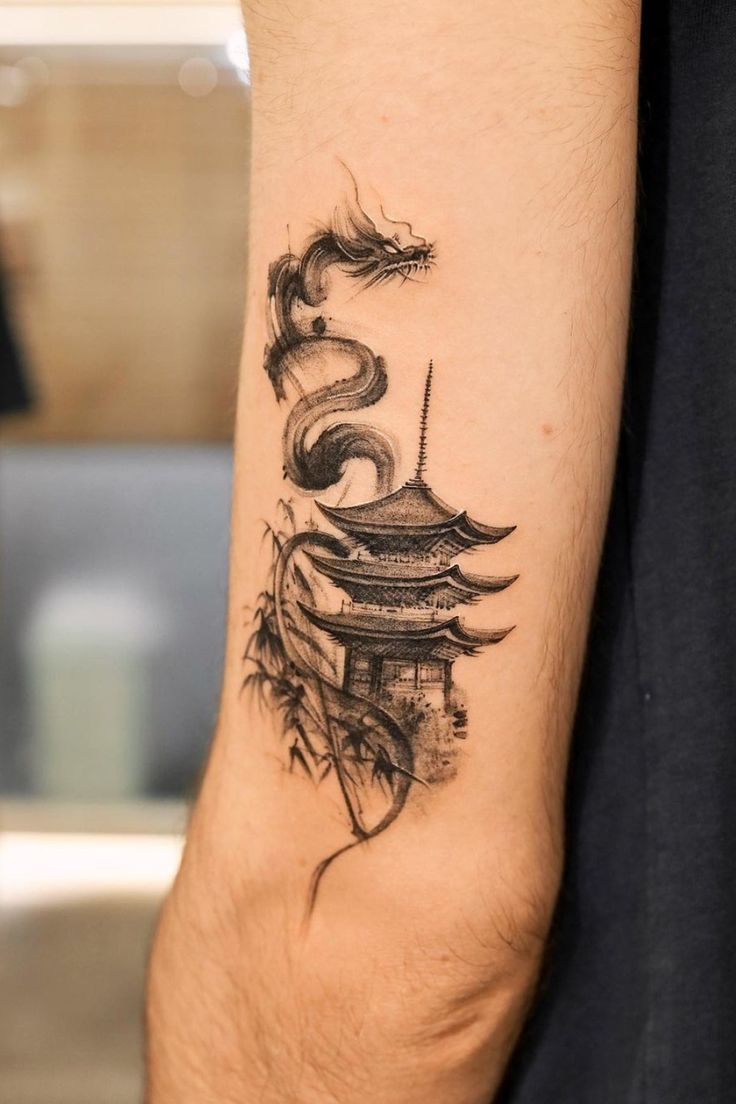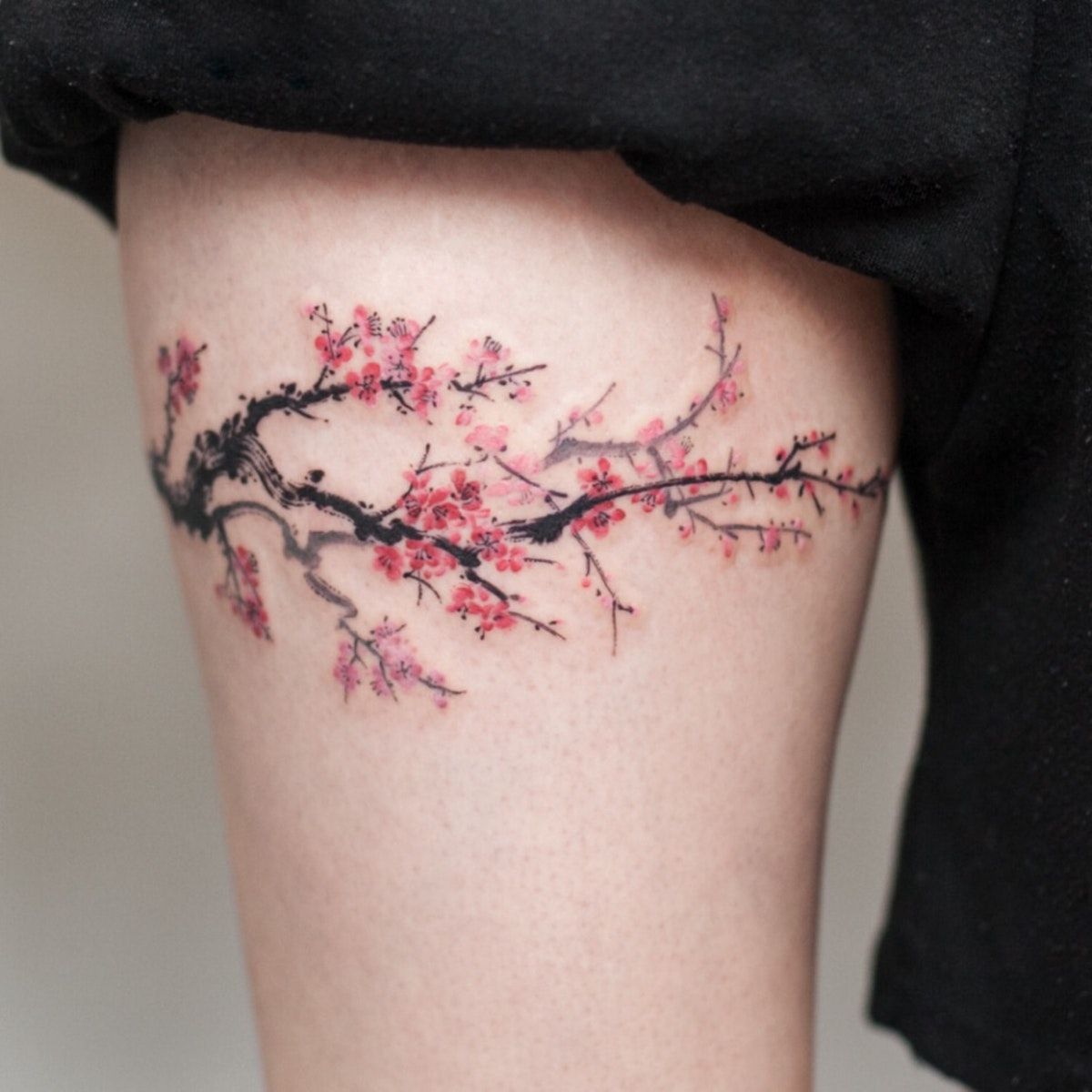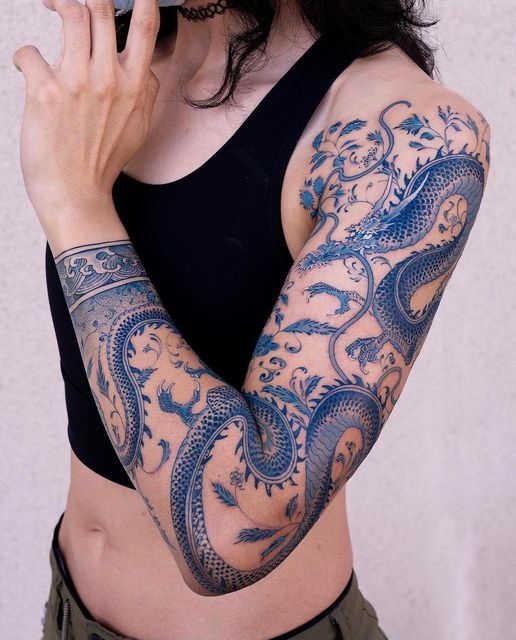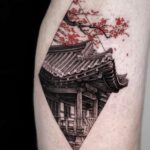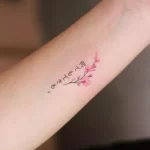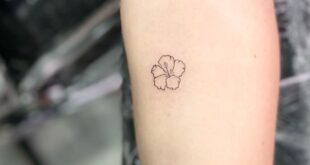Tattoos in Japan have a rich and complex history that dates back thousands of years. In ancient times, tattoos were seen as a form of punishment for criminals, with certain designs indicating the type of crime committed. However, over time, tattoos became associated with spiritual and cultural significance.
One of the most well-known forms of traditional Japanese tattooing is irezumi, a technique that involves hand-poking ink into the skin using long metal needles. Irezumi tattoos often feature intricate designs and are typically large in scale, covering large areas of the body such as the back, chest, and arms. These tattoos are highly detailed and colorful, with motifs such as dragons, phoenixes, and cherry blossoms symbolizing various aspects of Japanese culture and mythology.
In modern times, tattoos in Japan have undergone a significant shift in perception. While irezumi tattoos are still considered taboo in many parts of society due to their association with the yakuza (Japanese organized crime syndicates), there has been a growing acceptance of tattoos as a form of self-expression and art. Many young people in Japan now proudly display tattoos as a way to showcase their individuality and creativity.
Despite this shift in perception, getting a tattoo in Japan can still be a tricky process. Many public establishments such as hot springs, gyms, and swimming pools still have bans on tattoos due to their association with the yakuza. As a result, many tattoo enthusiasts in Japan have had to resort to getting tattoos in private studios or abroad.
In recent years, there has been a resurgence of interest in traditional Japanese tattooing techniques, with many tattoo artists in Japan and around the world incorporating elements of irezumi into their work. The intricate designs and vibrant colors of irezumi tattoos have captivated people from all walks of life, leading to a renewed appreciation for this ancient art form.
Overall, tattoos in Japan continue to evolve and change with the times, reflecting the shifting attitudes towards body art and self-expression in Japanese society. Whether it’s a traditional irezumi tattoo or a more contemporary design, tattoos in Japan remain a powerful form of personal expression and a testament to the enduring beauty of Japanese art and culture.
 innstyled Tattoo Ideas
innstyled Tattoo Ideas
